Accelerated Handstand Development
inversion
ACCELERATED HANDSTAND DEVELOPMENT
Accelerating the process of achieving a goal comes from consistent practice, but it also depends heavily on the information and knowledge we’ve acquired.
Whether a handstand is part of our regular asana practice or not, there is always room for improvement. Learning and understanding the intricate skill sets are imperative. These are the things that will expedite our development. This doesn’t mean that it will happen fast but that we are equipped with more knowledge to apply to our physical practice, which will enhance our results.
There are a number of different areas for improvement when it comes to a better handstand, and one that might be overlooked is pelvic alignment. The drills and skills from today’s video provide the roadmap towards the final destination of a well-balanced handstand (pun intended lol).
10-DAY HANDSTAND PROGRAM
REGISTRATION NOW OPEN
- Safe, systematic, and effective
- 10-day training plan with guided daily tutorials
- 2 livestream workshops: Replays are automatically included if you cannot attend live
- Learn the most anatomically aligned and efficient handstand
- Acrobatic training skills made easy and accessible for regular people
- All levels appropriate
- Build YOUR handstand, honoring your body and its unique strengths and challenges
- No experience required
- Variations for all levels, from 0 experience to professional hand balancers
- BONUS: Zoom meeting (available to waitlist members only for the first 24 hours of registration opening): On Day 3, we will meet on Zoom for group coaching and personalized feedback!
- SPACE IS LIMITED FOR THIS TRAINING TO PROVIDE THE BEST SUPPORT POSSIBLE
PELVIC ALIGNMENT TENDENCIES
In an upright position, knowing the difference between anterior and posterior tilt of the pelvis may be easier to negotiate. At other times, it may be harder to determine. In the full class, Matt explains that many of us have the tendency to posteriorly tilt the pelvis when standing, which may be because we are trying to find the least amount of energy exertion by placing more weight into the hip joints.
The opposite is true when upside down in a handstand. Here, the tendency may be to anteriorly tilt the pelvis (especially if there is a wall behind us). We might feel that the safer place to be is behind us, so the hips move in that direction. This tendency does not serve us in a balanced handstand away from a wall. In this case, the posterior tilt of the pelvis is a must.
WATCH THE VIDEO
ACCELERATED HANDSTAND DEVELOPMENT: POLISHING PELVIC ALIGNMENT
SPHINX TO HOLLOW BODY & CRESENT POSE
To find balance in a handstand off the wall, we must polish our pelvic alignment. We don’t start by trying this in handstand; first, we must strengthen and train the appropriate muscles in other postures and drills. In today’s video, Matt begins by demonstrating 2 ways to implement this strengthening and training in our regular practice.
Sphinx to Hollow Body
In this demonstration, we are guided through 4 phases. It is a very slow and controlled process that not only strengthens the core and upper body, it also helps us understand how to effectively isolate and articulate the movements of the rib cage and pelvis.
Crescent Pose
Here we really learn to train and develop the tucking of the tailbone—the posterior tilt of the pelvis—against straightening and lengthening the back leg. When doing this, we’re activating the quadricep and gluteal muscles at the same time. This will translate well when transitioning upside down.
200 HOUR ONLINE TEACHER TRAINING
GET CERTIFIED & DEEPEN YOUR YOGA PRACTICE
- Deepen your yoga practice
- Build confidence speaking in front of groups in person and online
- Learn foundational class structures and templates
- Learn techniques for a wide range of yoga postures
- Get certified and highly qualified to teach yoga
- Yoga Alliance Globally Recognized Certification Program
HANDSTAND WALL DRILLS
Included in the process of handstand development is the practicing of pelvic alignment when we’re inverted in the context of drills. The handstand drills in today’s video are done against a wall. They provide the opportunity to place our feet on the wall in order to focus on the placement of the pelvis into a posterior-tilt position.
- First, without any props, we gain the understanding of how important it is to push through the shoulders to initiate greater movement of the rib cage back, which initiates the desired “straight stacking” of the body. When the action of the posterior tilt takes place, our feet become lighter.
- This is the same drill with the use of a chair, which can assist by offering more control to get upright. The exit here can also assist in practicing a safer exit when we start practicing away from a wall.
300 HOUR ONLINE TEACHER TRAINING
GET 500 HOUR CERTIFIED AS A MASTER TEACHER
Master your skill set as a teacher through refined techniques, anatomy, biomechanics, sequencing, philosophy, meditation techniques, theming, yoga business, and much more!
- Get 500 hour certified
- Learn anatomy, biomechanics, asana techniques
- Expand your teaching skills
- Masterful sequencing and verbal delivery
- Learn meditation and breathwork techniques
- Transformative tools: theming, dharma talks, satsang
PROCESS & TRANSFORMATION
We can never escape going through the processes our bodies need when we’re working towards a given yoga posture, and those processes are always individual. The muscles we need to train, the techniques we need to develop, and the knowledge we need to acquire will vary at different times throughout the process.
Matt always says that a posture like a handstand is evidence that we have tapped into increased mastery of the understanding of our own bodies. This is the true gift of the process on the journey towards transformation, not achievement.
Matt’s 10-Day Handstand Program works to systematically expose our greatest potential.
Transform your relationship with handstand by registering today!
The 200 Hr. Teacher Training: Click Here to See the Next Start Date
The 300 Hr. Advanced Teacher Training: Click Here to See the Next Start Date
Article by Trish Curling
Videos Extracted From: Handstand & Meditation Immersion
3 Comments
Trackbacks/Pingbacks
- Double Stag Handstand - THEYOGIMATT - […] Last week’s blog delves into the position of the pelvis for Straight-Back (posterior tilt). Due to the backbend quality…
Submit a Comment
You must be logged in to post a comment.
ONLINE ANATOMY COURSE
- Accessible, exciting, and easy to learn
- Anatomy and biomechanics for yoga
- Appropriate for both teachers and students
- Learn joint alignment vs pose alignment
- Demystify yoga poses and transitions
- Release aches and pains
- Learn how to avoid common injuries
- Caters to all levels with modifications and props
- 20 hours Continued Education Credits with Yoga Alliance
- 20 hours toward Chromatic Yoga Certification and 300 Hour
- Lifetime access
Continue Learning
Flying Revolved Half Lotus
Flying Revolved Half LotusARM BALANCEFLYING REVOLVED HALF LOTUS Some postures don’t arrive through imitation; they arrive through investigation. Flying Revolved Half Lotus is one of those shapes. It borrows familiar ingredients like Side Crow mechanics, hip opening,...
Eka Pada Bakasana
Eka Pada BakasanaSINGLE LEG CROWEKA PADA BAKASANA Eka Pada Bakasana asks us to balance curiosity with patience. This one-legged crow variation isn’t just about lifting a leg, it’s about organizing pressure, timing, and trust in unfamiliar territory. The posture...
Eight Angle Pose
Eight Angle PoseASTAVAKRASANAEIGHT ANGLE POSE Sometimes we think arm balances are about getting higher, but Matt reframes Eight Angle pose as a mechanics workshop. This posture thrives when we test rotation, pelvic placement, and upper-body stability as interconnected...
Approachable Arm Balances
Approachable Arm BalancesPARSVA BAKASANAAPPROACHABLE ARM BALANCES Approachable arm balances aren’t about fearlessness; they’re about informed action. When we understand the mechanics behind the posture, we gain the power to shape our own outcomes. Rather than jumping...
Perfect Protraction For Crow Pose
Perfect Protraction For Crow PoseBAKASANAPERFECT PROTRACTION FOR CROW POSE When working toward perfect protraction for Crow Pose, it’s essential to understand the role of the serratus anterior, the “fingertip” muscles that wrap around the rib cage and attach to the...
Help For Hamstrings
Help For HamstringsFLEXIBILITYHELP FOR HAMSTRINGS “Yoga butt” or high hamstring tendonitis can be a literal pain where the sit bones meet the hamstrings and glutes. This area is prone to overuse injuries, especially when repetitive forward folds overstretch rather...
THE FREE TECHNIQUE PACK
When You Subscribe, You Will Get Instant Access to
- the Technique Pack: 15 yoga pose breakdowns
- exclusive online course discounts
- exclusive blogs and videos
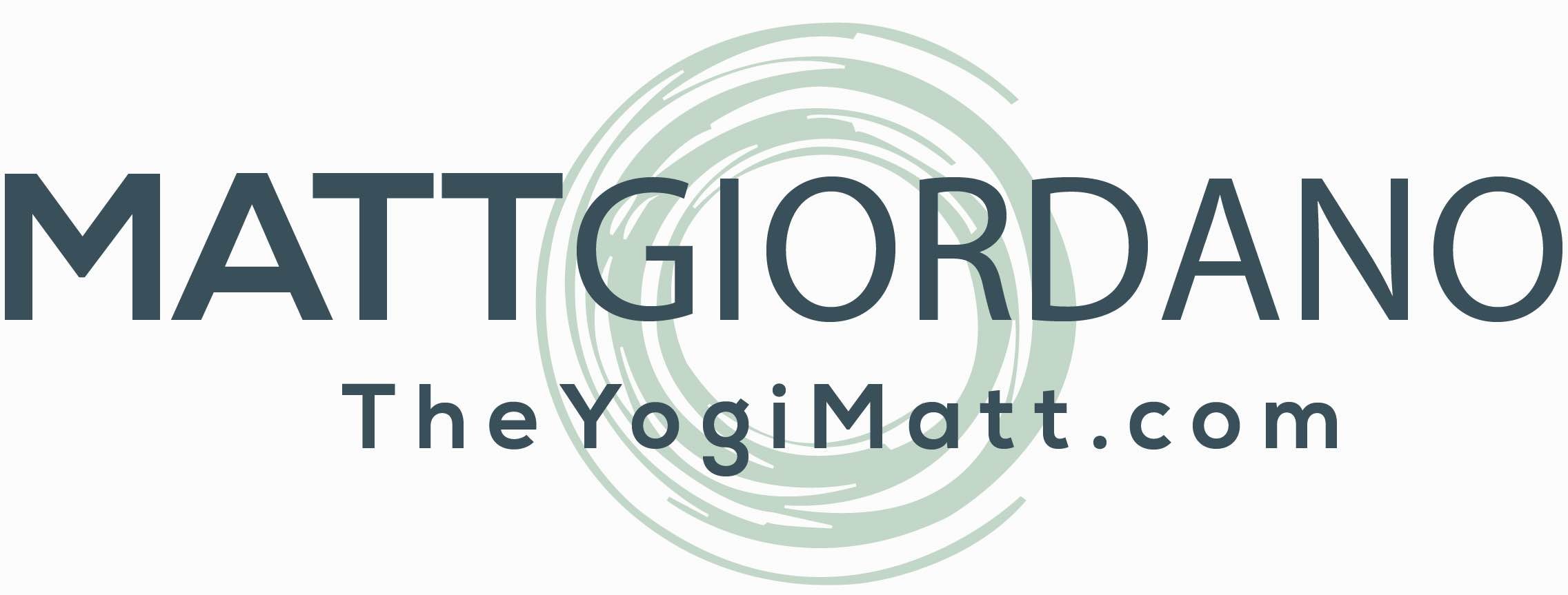
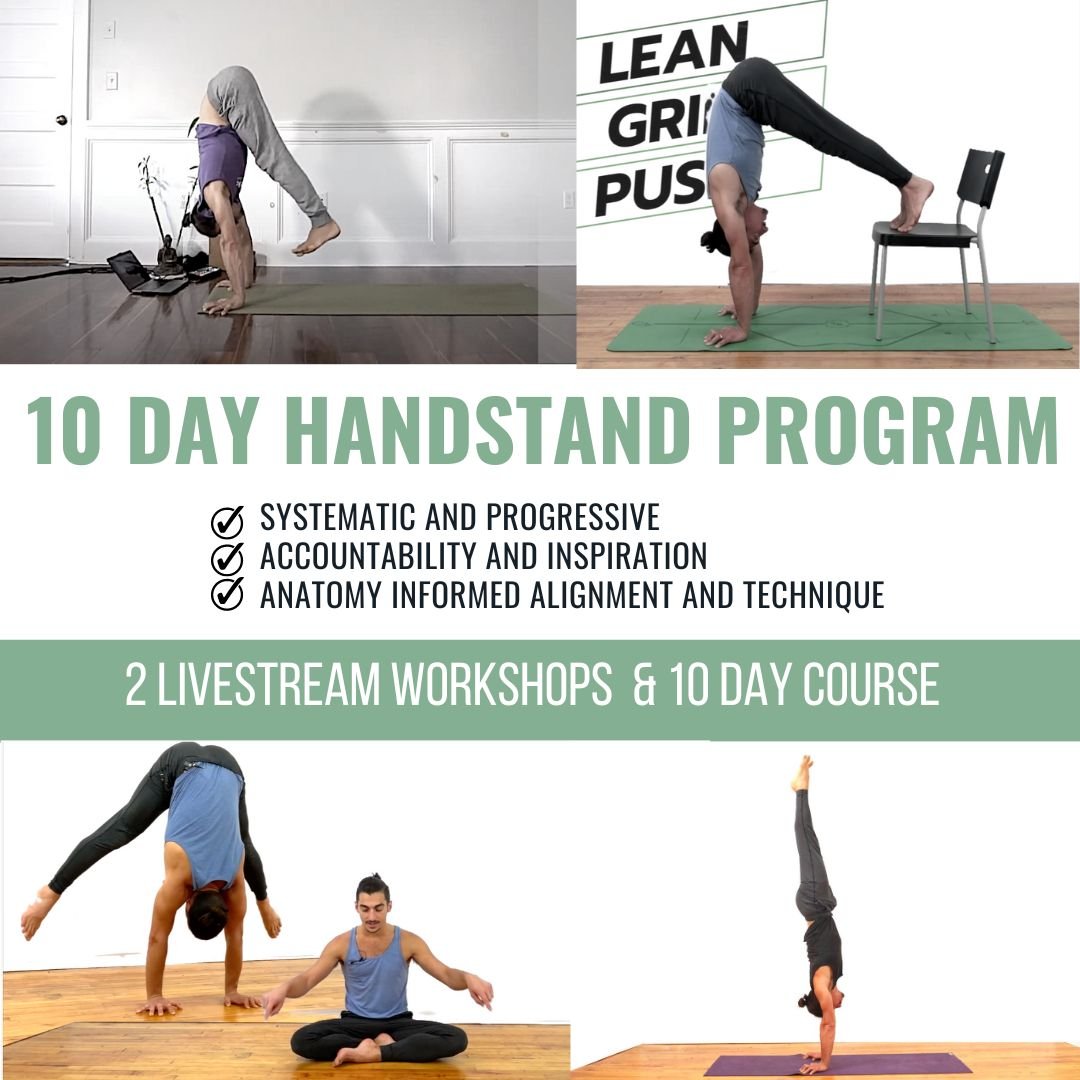



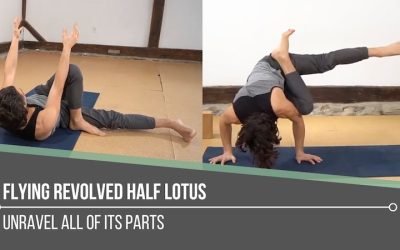
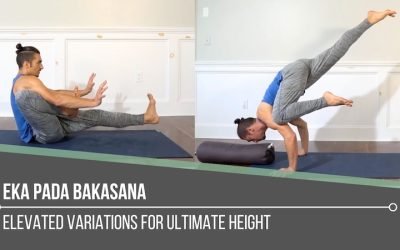
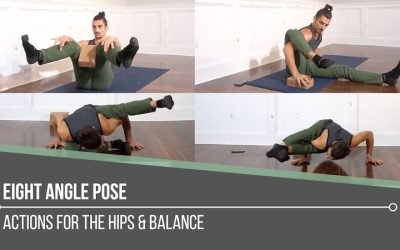
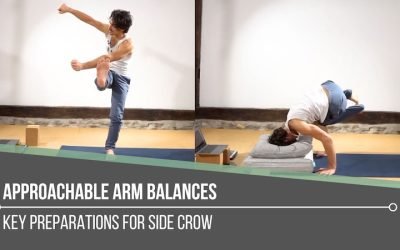
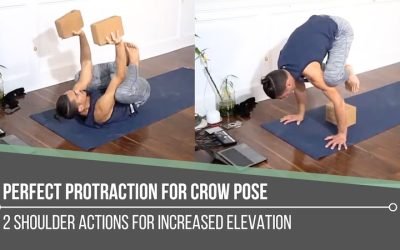
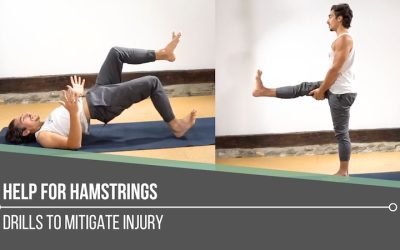
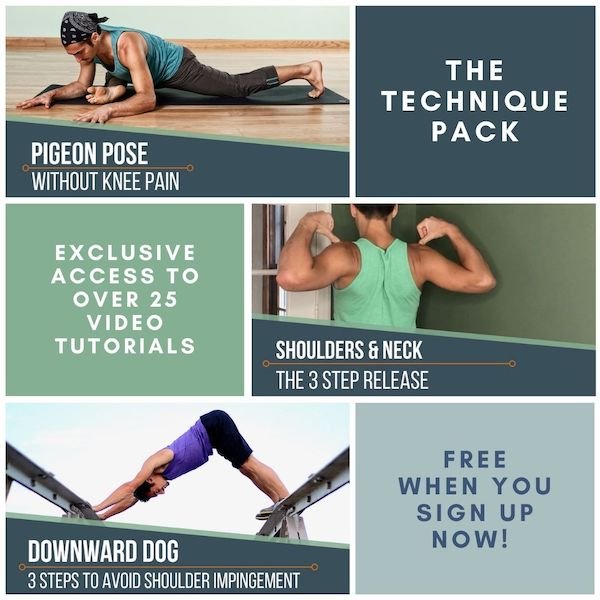
yes it of course comes down to individual experience because our individual experience is based on our past experiences/practices. However your future experience depends on how you train now. Certainly getting a double stag handstand is easier for many people because you can balance with your legs and pelvis which is a more familiar feeling for everyone because we’ve been trained to do that our whole life. That doesn’t mean however that its a better way to train. Its like doing handstand at the wall – many people will find that easier and have more “success” but that doesn’t mean its better than doing drills that create the building blocks that may not every use the wall. It really comes down to the question of your goal and intent. If its to experience some balance now, than yes double stag for some people, or L-pose, or frog legs, or diamond shape will all be easier to balance. If the goal is to have a consistent steady handstand that is predictable and requires no counter balancing than practicing drills for hollow body or straight body positioning without the balance is the better method.